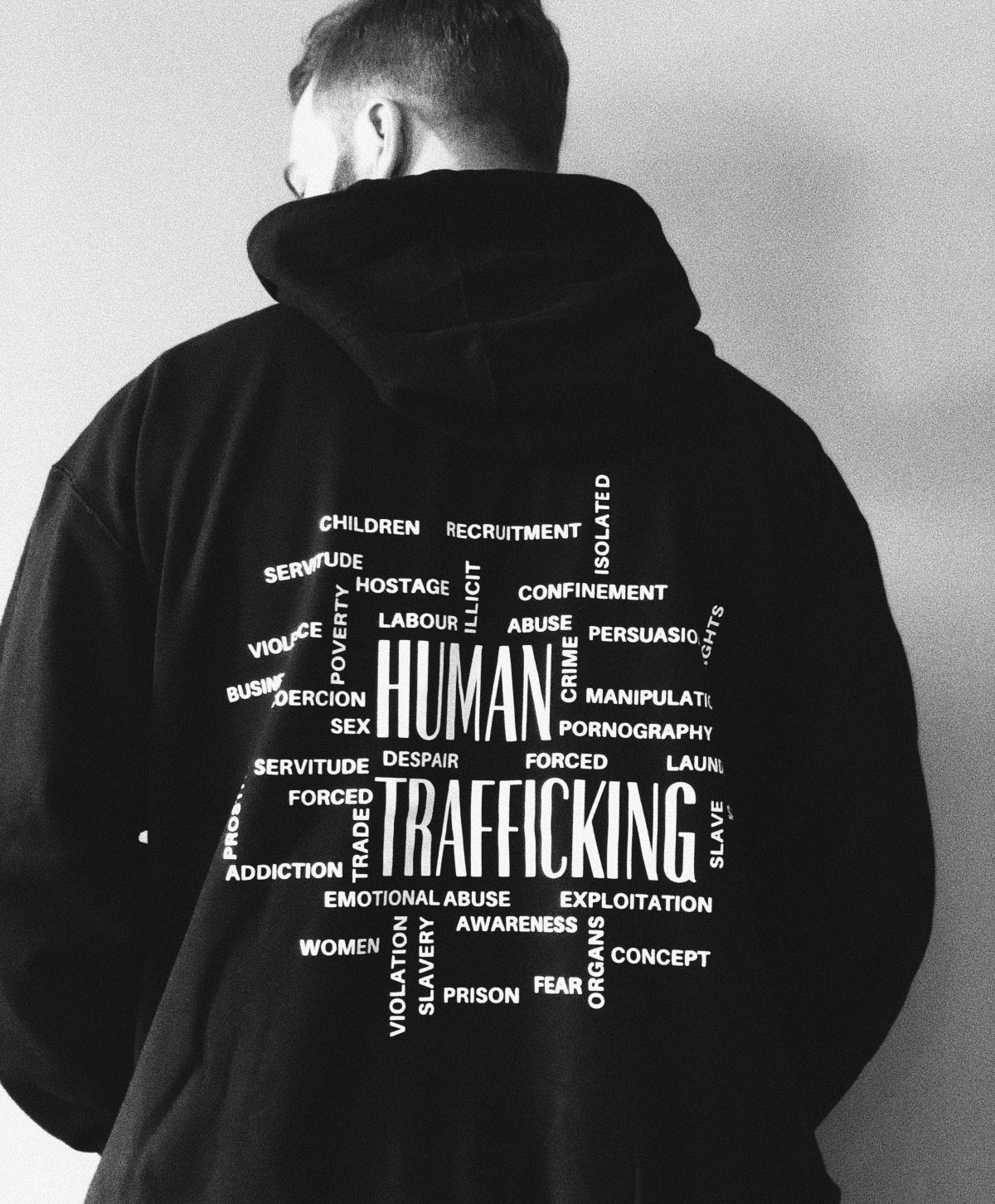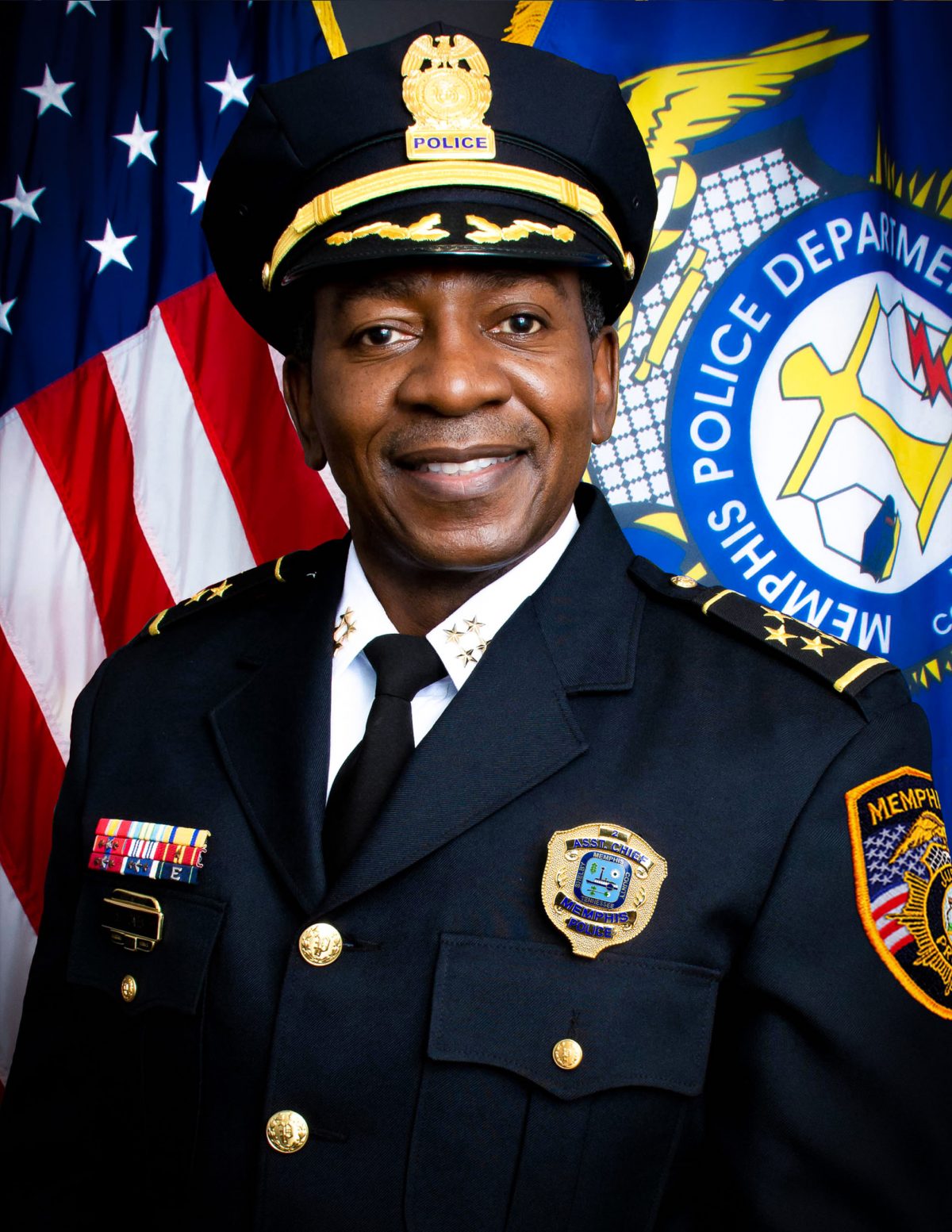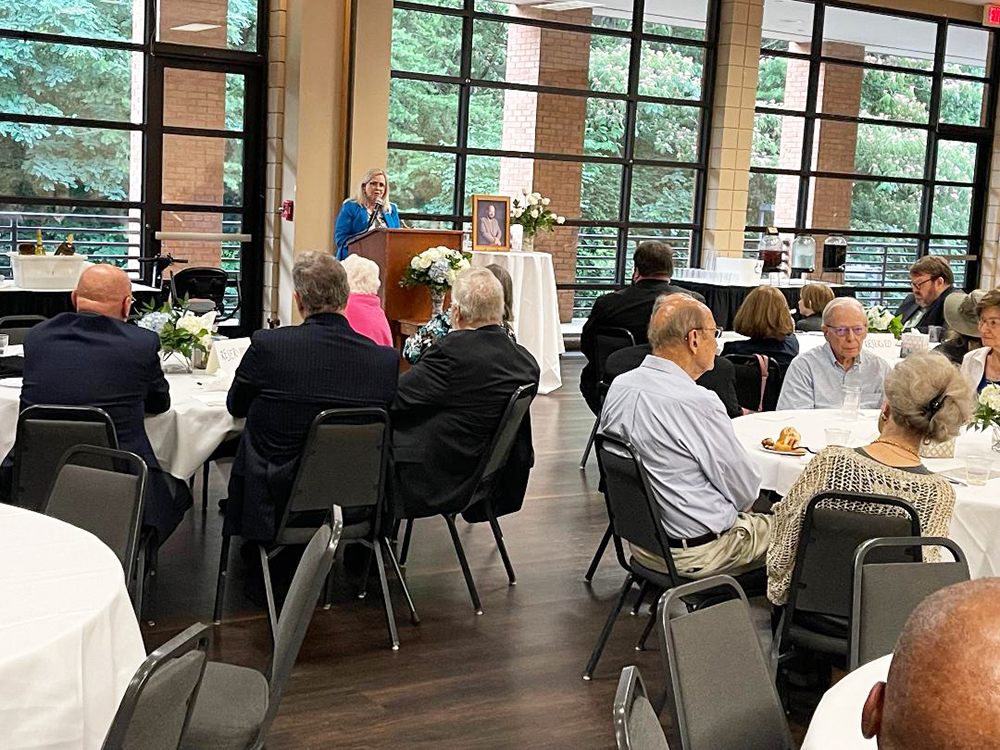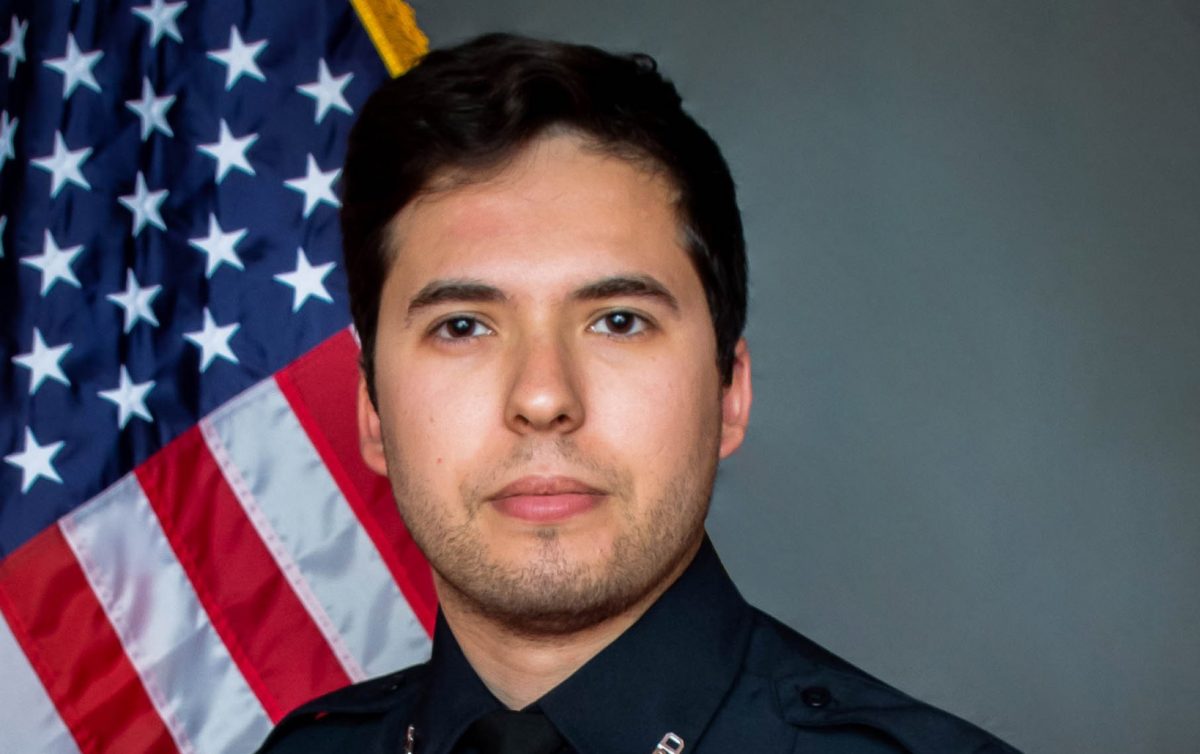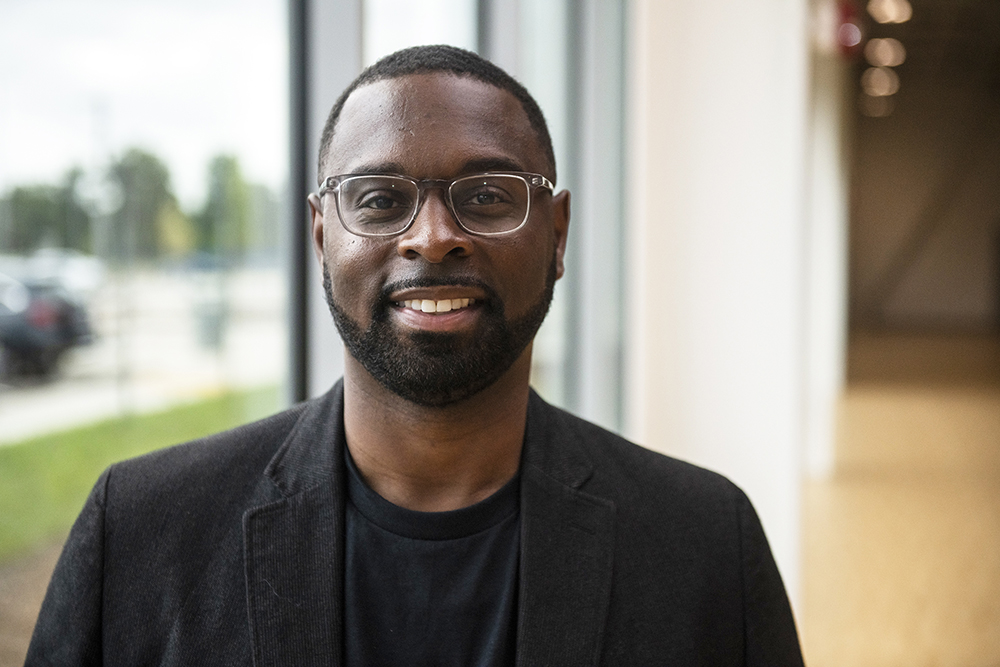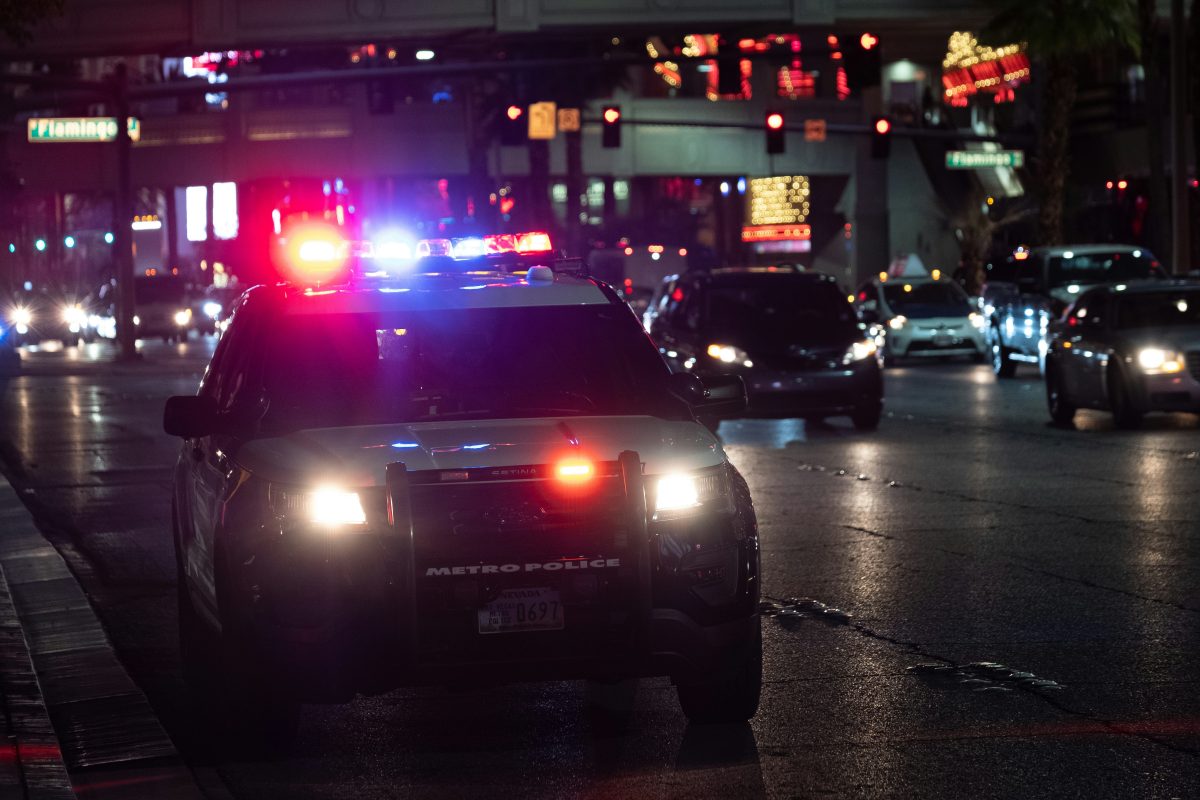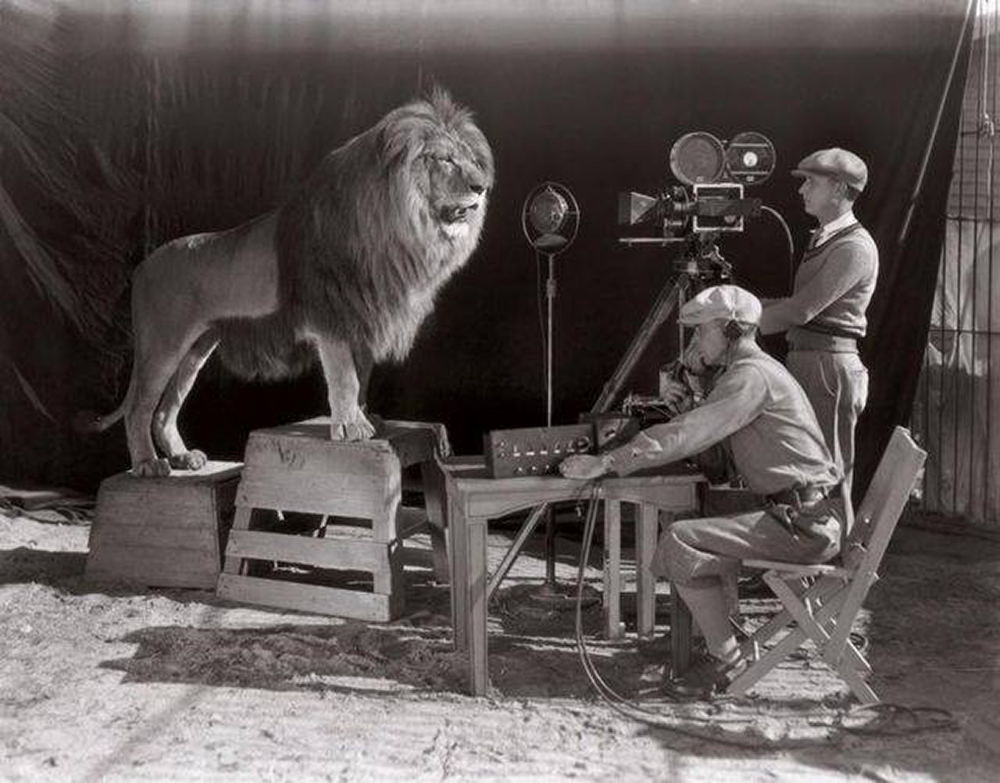Law enforcement, local advocates and liaisons are encouraging a “connect the dots” approach to ending human trafficking, while also helping those who have been victims.
RestoreCorps by Freed Life held a virtual panel Tuesday entitled “Connecting The Dots: Strengthening Communities. Preventing Trafficking.” The panel discussed anti-trafficking work and also shed light onto the current work being done in Memphis.
Panelists included Rachel Haaga, CEO and co-founder of Restore Corps; Lydia Crivens, deputy director for Memphis Child Advocacy Center; Tunnisha Deer, advocacy supervisor for the Crime Victims Rape Crisis Center; Sergeant Star Handley of the Internet Crimes Against Children Task Force Program for Memphis Police Department; Phillis Lewis, CEO of Love Doesn’t Hurt; Kristen Murray, a case manager of the human trafficking task force for the Department of Children’s Services; and Semaria Shaw, director of survivor services for Restore Corps.
Given the scope of the panelists and the organizations they represent, Haaga noted that Memphis exemplifies a sequential way of approaching the problem, with many working in proactive ways to monitor the issue, while others may work on victim recovery.
“Many of those dots have already been connected in terms of relational and organizational webbing,” Haaga said. Haaga gave what she referred to as an “oversimplified” view on the issue which is that demand creates supply in terms of human trafficking.
“Demand creates exploitation,” Haaga said. “If traffickers didn’t think there was money to be made — there’s a market to exploit vulnerable people — then they wouldn’t be in the game.”
In speaking to demand reduction, Handley said Memphis has a unique problem due to its location near two major interstates. He said this often creates consistent demand, making the city known for trafficking throughout the country.
“We as law enforcement try our best to monitor the situation,” Handley said. “Our Vice and Narcotics units go out and do a significant job to try and deter it. They do reverse sting operations, they do enforcement operations where they try to identify minors [and] frequent flyers.”
Handley added that “frequent” locations for people to solicit sexual acts include Lamar Avenue, Elvis Presley Boulevard, Summer Avenue, and Chelsea Avenue.
Officials also noted that the ways people become involved in trafficking have changed significantly throughout the years, with many using digital spaces such as MegaPersonals, Doublelist, Tag.com, and dating platforms such as Tinder.
Lewis explained that some populations tend to be more vulnerable due to their sexual orientation and identities, such as those she works with at Love Doesn’t Hurt. She said she has seen people become dependent on other people out of survival or isolation.
“A lot of times within the LGBTQ+ community you’ll have people who do survival sex in order to make sure they have a place to live because they don’t have a support system outside of [a] particular person,” Lewis said. “That individual knows that, and they exploit that.”
Shaw also said that those who exploit these individuals out of closeness and proximity can be privy to information that can move them into the “sex trafficking industry.” She also said people can enter into this behavior to help with things such as rent — not knowing the danger of the situation.
Those who don’t speak a native language and are having difficulty navigating an environment can also be at a higher risk.
Murray added that runaway youth and those with substance disorders are also at heightened risk for trafficking. She said it’s an issue that doesn’t discriminate, and they see both female and male victims.
Crivens emphasized the fact that Tennessee is a mandatory reporting state when dealing with children and minors, and encouraged people to be cognizant of changed behavior in these individuals. “If you suspect it, that’s when you report it as a mandated reporter,” Crivens said. “When you notice those changes in the children, someone else taking more interest in the child — we want you to report it. “
Crivens added that they’d rather for investigators to find that the child is safe, than for it to go unreported and the child be in harm.
The panelists encouraged the community as well as local and governmental organizations to be explicit in their line of questioning, as most people don’t see themselves as victims or survivors of trafficking. They also continued to hone in on collaboration and concerted efforts from all agencies.
“We can’t all do this work alone,” Crivens said. “We have to work with our primary agencies, our community agencies, nonprofits in the community to spread the awareness on how to recognize it — how to respond. It’s a community and a collaborative effort.”
